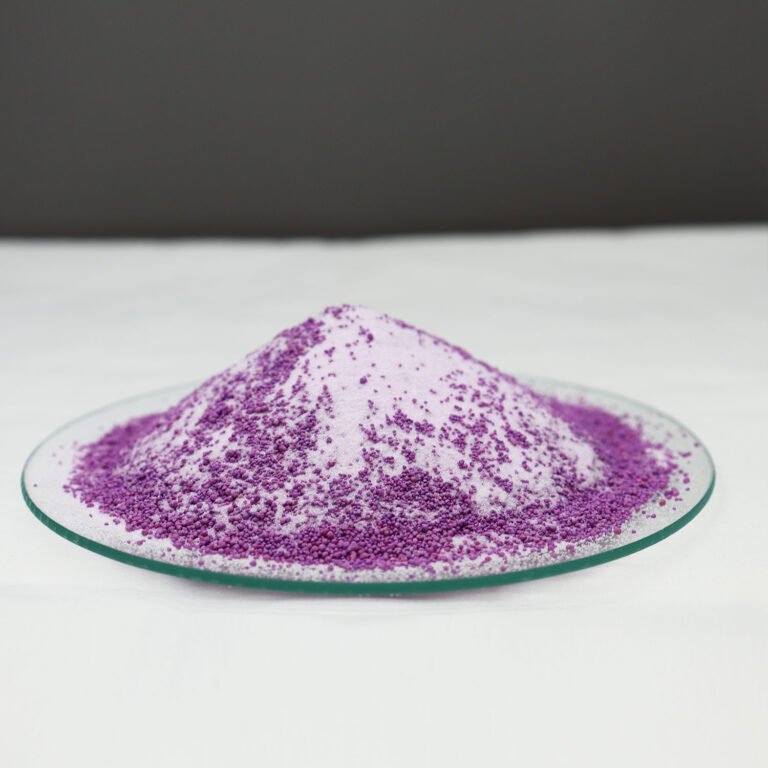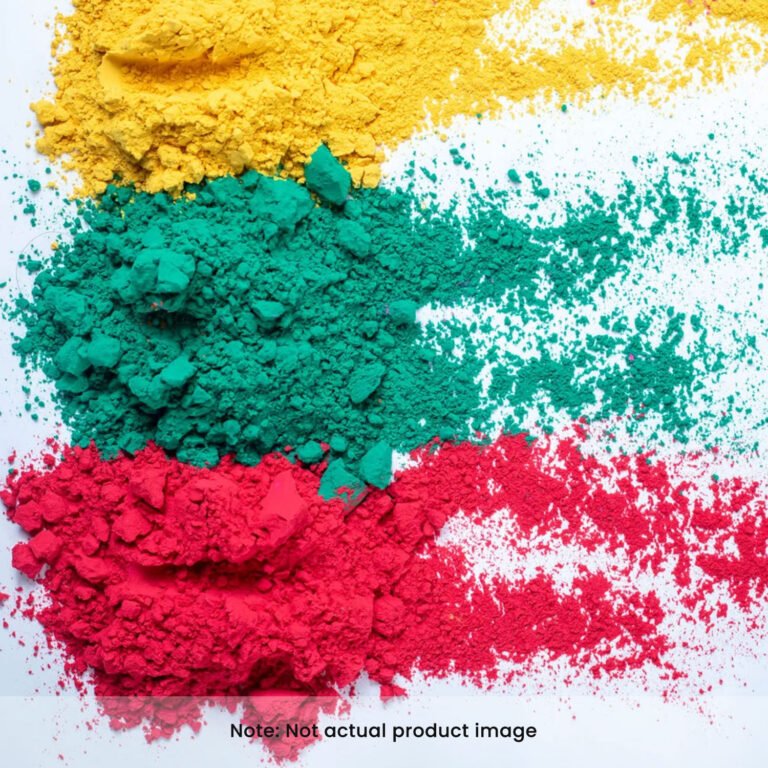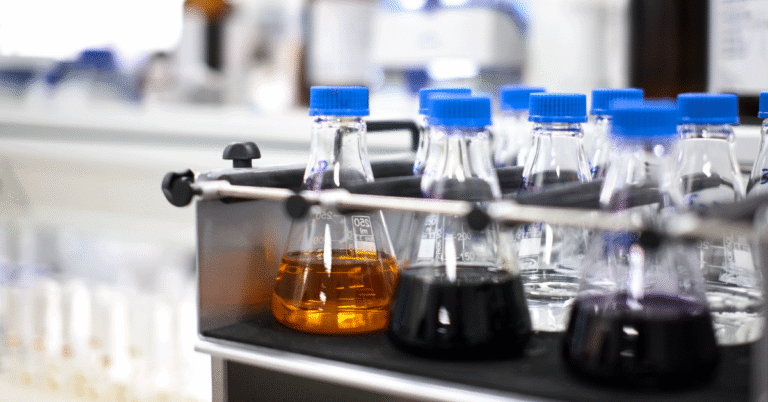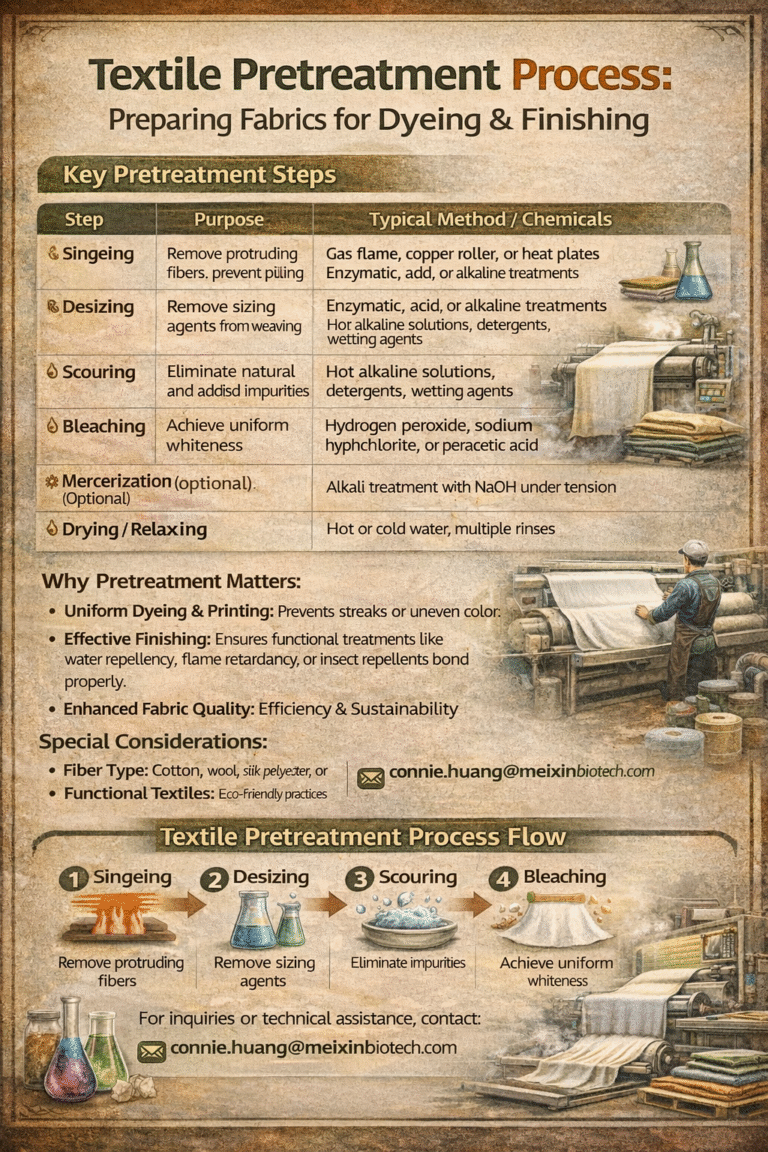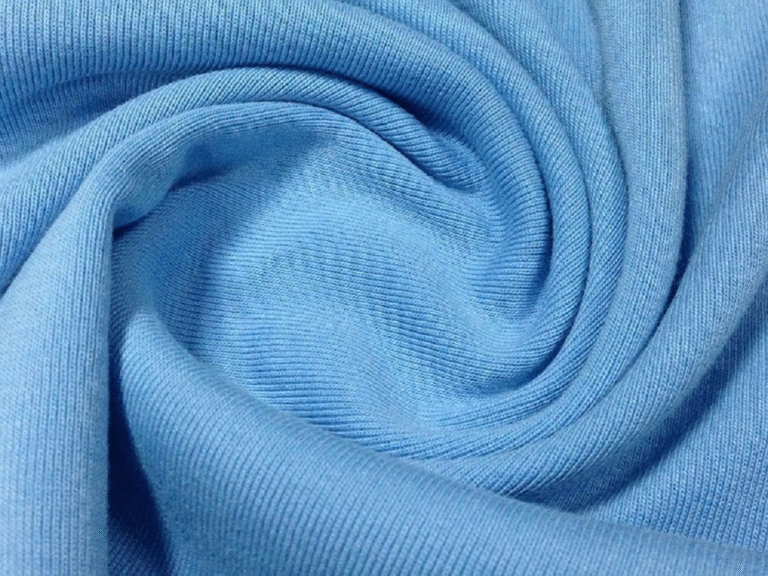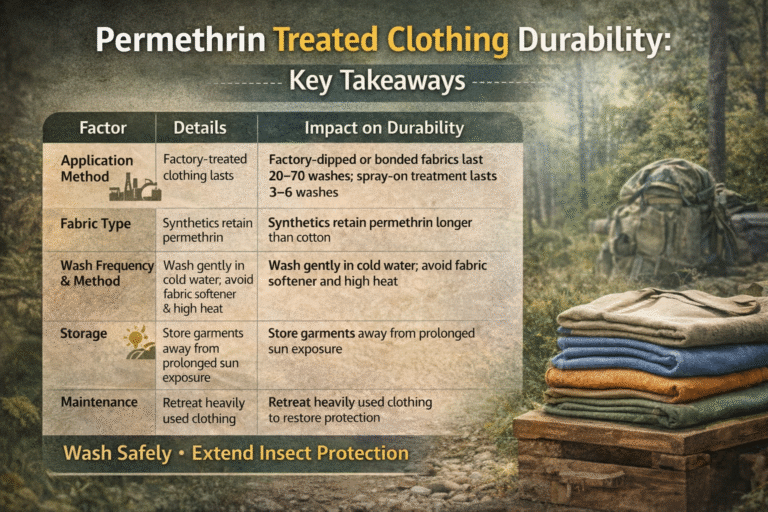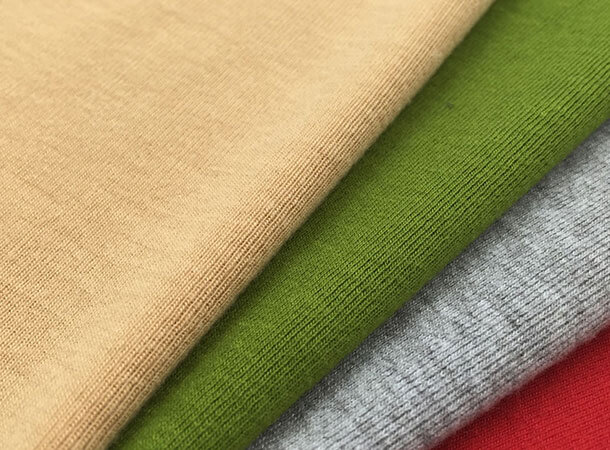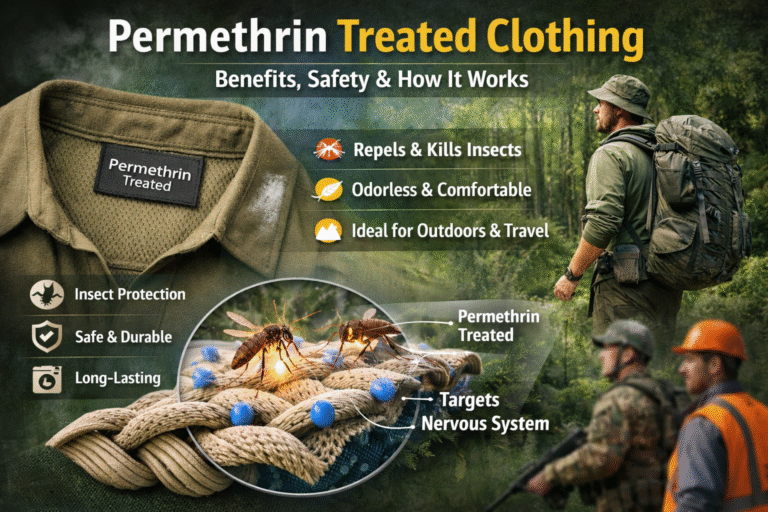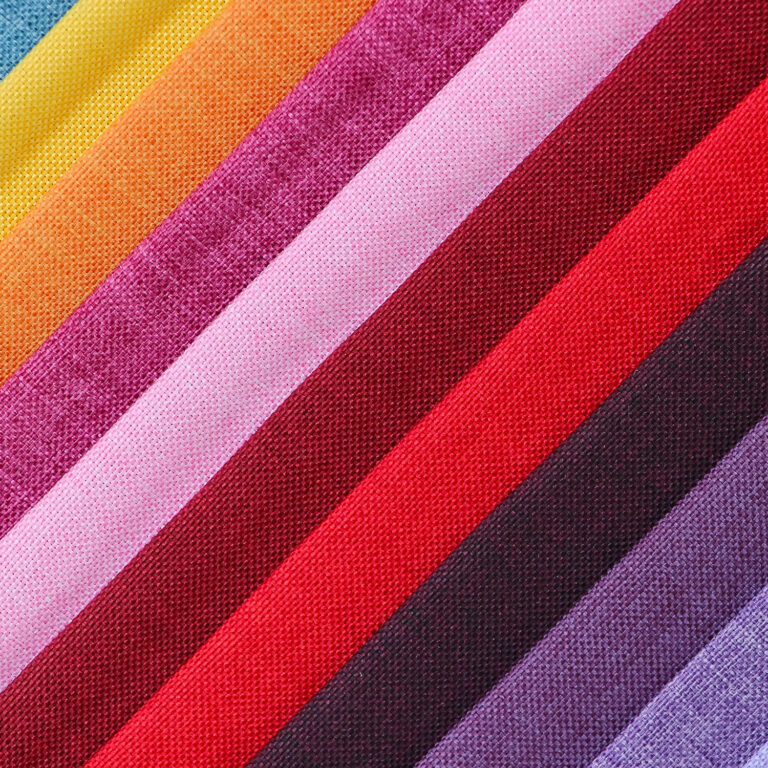In the textile finishing industry, one of the most critical elements influencing a fabric’s comfort, drape, and hand feel is the choice of softener. Among various softening agents, silicone softeners stand out due to their superior performance and long-lasting softness. This article explores what a silicone softener is, the different types available, and its applications across textile production.
What Is a Silicone Softener for Textiles?
A silicone softener is a type of textile finishing chemical formulated with silicone polymers, most commonly polydimethylsiloxane (PDMS). These softeners are designed to impart softness, smoothness, flexibility, and even water repellency to fabrics. They are widely used in finishing processes for cotton, polyester, nylon, viscose, and blended fabrics.
Unlike traditional fatty acid-based softeners, silicone softeners provide a silky, smooth feel without significantly affecting the fabric’s breathability or strength. This makes them especially desirable for high-end garments, sportswear, and home textiles.
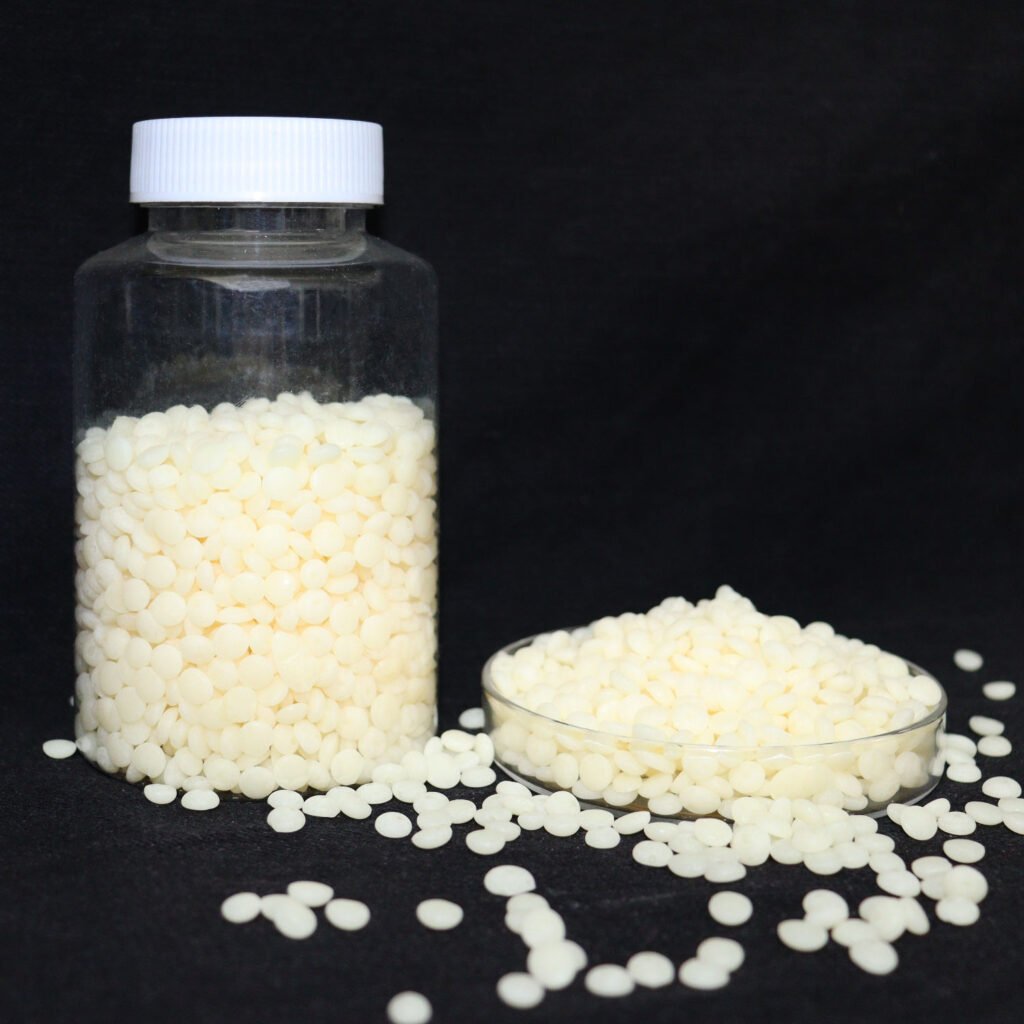

Key Benefits of Silicone Softeners
- Excellent Softness and Hand Feel
Silicone softeners create a luxurious, silky touch that enhances the comfort and perceived value of the fabric. - Durability
They are highly resistant to washing, which means the softness remains even after multiple laundering cycles. - Improved Sewability and Draping
Fabrics treated with silicone softeners are easier to sew and exhibit better drape, ideal for fashion and functional textiles. - Low Yellowing
Modern silicone softeners are engineered to minimize yellowing, maintaining fabric color and brightness. - Versatility
Suitable for a wide range of fibers and blends, silicone softeners can be tailored for specific end-use requirements.
Types of Silicone Softeners
- Amino Silicone Softeners
These are the most commonly used silicone softeners, known for providing excellent softness and elasticity. They are available in various forms such as microemulsions and macroemulsions, each offering distinct penetration and finishing effects. - Hydrophilic Silicone Softeners
Engineered to retain the softness of silicone while maintaining water absorbency—ideal for towels, sportswear, and undergarments. - Blocked Silicone Softeners
Pre-reacted or capped to improve compatibility with other finishing agents and reduce yellowing and foaming during processing. - Silicone Softening Beads or Flakes
Solid-form silicone softeners that offer excellent storage stability and ease of handling. These are often used in large-scale industrial applications where long shelf-life is critical.
Applications in the Textile Industry
- Garment Finishing
Enhancing the softness, smoothness, and overall aesthetic of apparel fabrics, particularly in high-end or performance clothing. - Home Textiles
Used in bed linens, curtains, and upholstery to provide a soft touch and luxurious feel. - Industrial Textiles
In applications like automotive fabrics and technical textiles where durable softness is essential. - Denim & Knitwear
To achieve specific tactile properties while maintaining the fabric’s original structure.
Conclusion
Silicone softeners have become indispensable in modern textile processing, offering a unique combination of softness, durability, and versatility. Whether you manufacture casualwear, technical garments, or luxury home fabrics, selecting the right silicone softener can significantly enhance product quality and consumer satisfaction.
At Meixin Biotech Co., Ltd., we specialize in the development and manufacturing of high-performance silicone softeners tailored to various textile applications. For more details or technical support, feel free to contact us at connie.huang@meixinbiotech.com.
Softening Auxiliaries Articles
How Fabric Softener Flakes Improve Hand Feel in Garment Finishing
Silicone Softener Beads vs. Emulsions: Pros and Cons for Textile Finishing
Softergent Flakes vs. Liquid Softeners: Which Should You Use?
Top 5 Applications of Silicone-Based Softeners in Modern Textile Processing
How Silicone Softening Beads Improve Fabric Feel and Process Efficiency
Silicone Fabric Softener vs. Traditional Softeners: Which Is Better?
What Is a Silicone Softener for Textiles? Benefits, Types & Applications
Understanding Fabric Softener Flakes: Types, Usage & Key Advantages
Does Silicone Softener Affect Color Fastness? Application Tips for Garment Dyeing
How to Apply Silicone Fabric Softeners in Dyeing & Finishing Processes
Where to Buy High-Quality Silicone Softener for Textiles (2025 Guide)
How to Choose the Right Silicone Fabric Softener for Cotton, Polyester & Blends
Top Exporters & Manufacturers of Silicone Softening Beads in China
Understanding Fabric Softener Flakes and Their Role in Textile Care
Is Bead-Type Softener Suitable for Export? 5 Key Questions + Packaging, Storage & Transport Tips
5 Key Questions to Ask Before Buying Silicone Softeners for Garment Production
How High-Concentration Softeners Help Garment Factories Reduce Production Costs
Bead vs. Liquid Silicone Softeners: Which Is Better for Mass Fabric Processing?
Eco-Friendly Silicone Fabric Softeners: Are They Worth the Switch?
FAQs About Silicone Softener for Textiles: Everything Importers Need to Know

